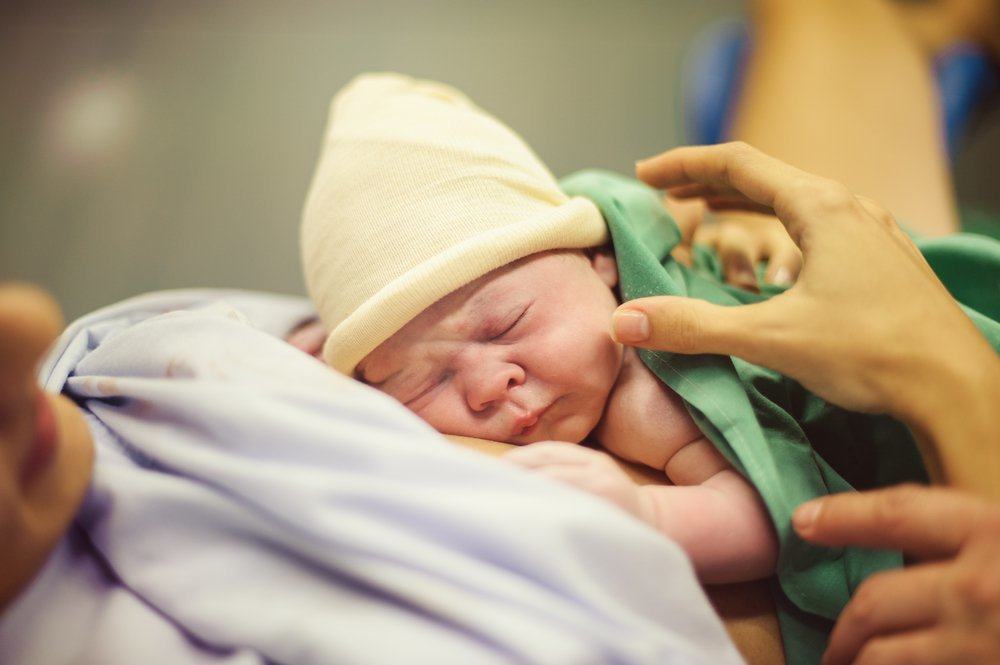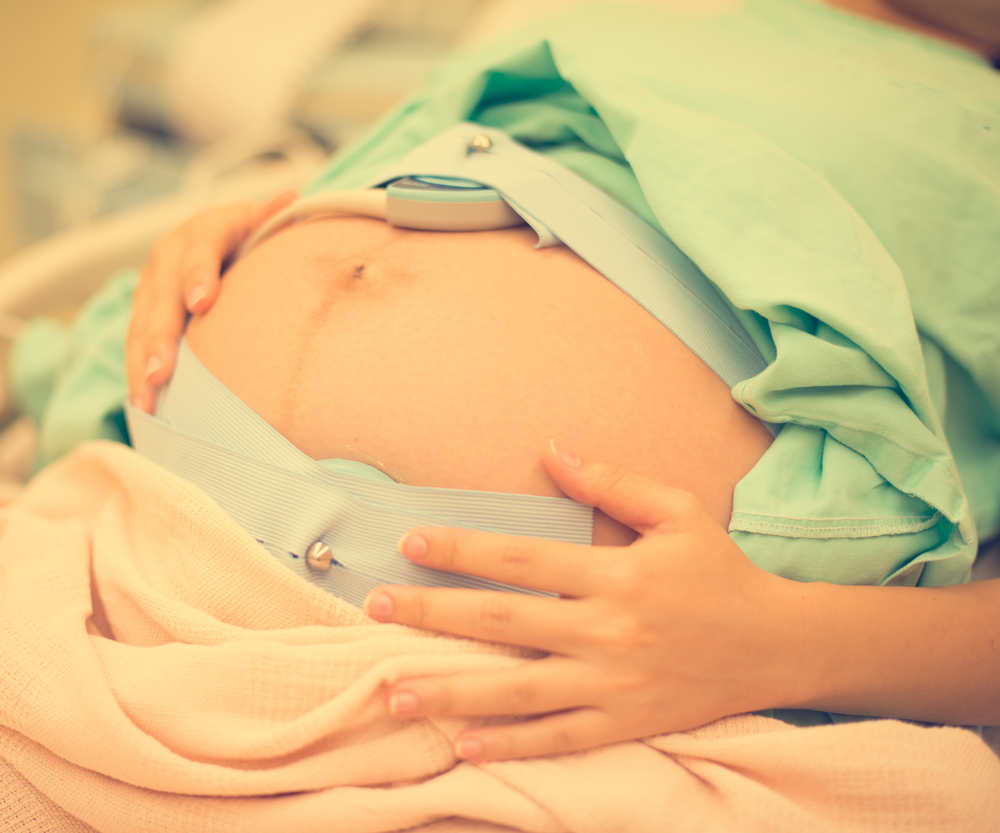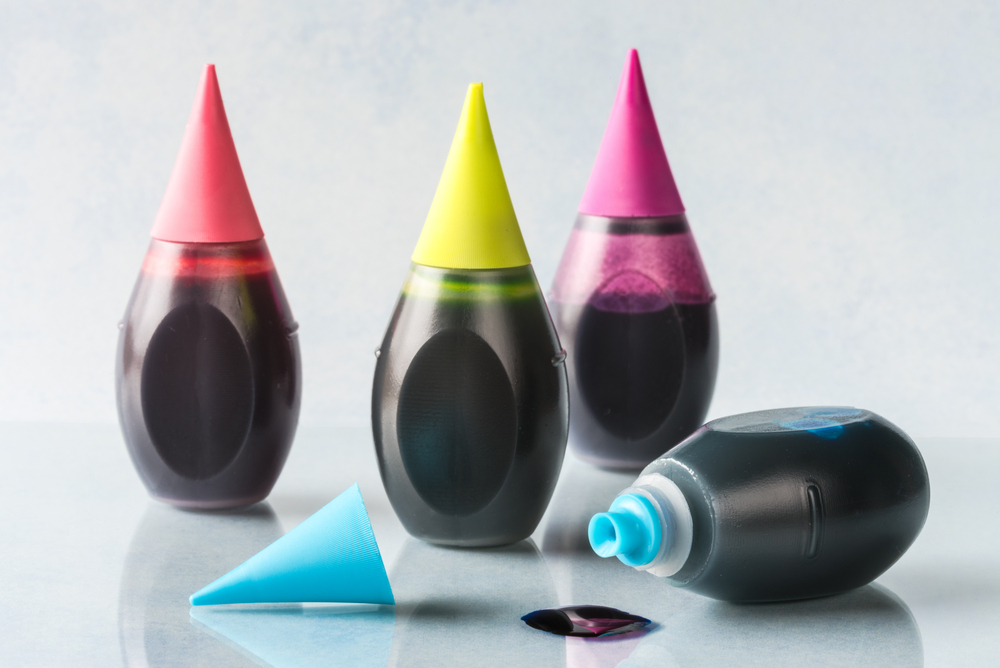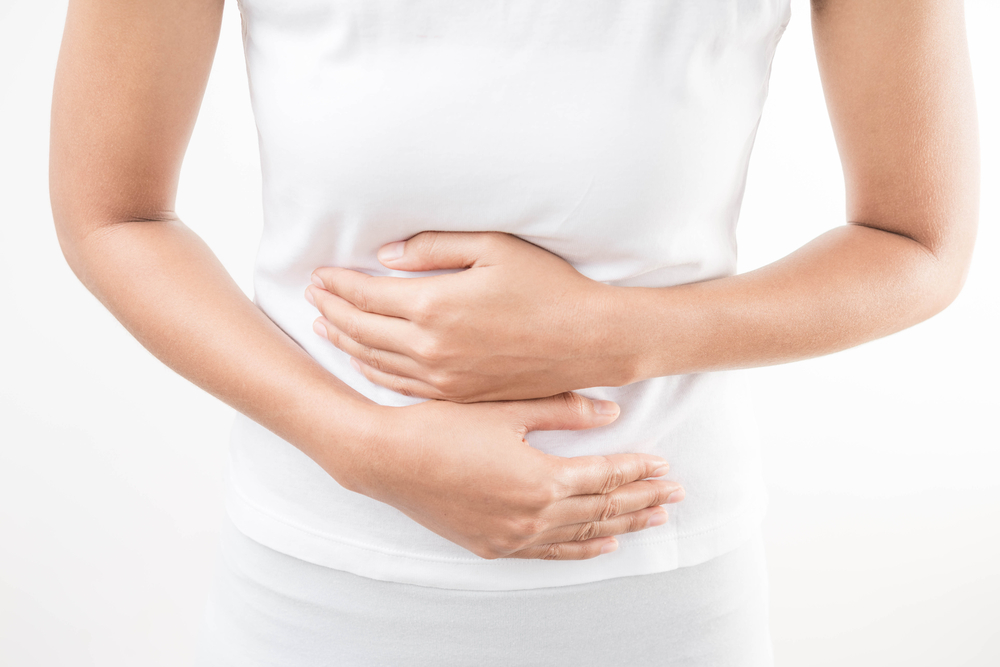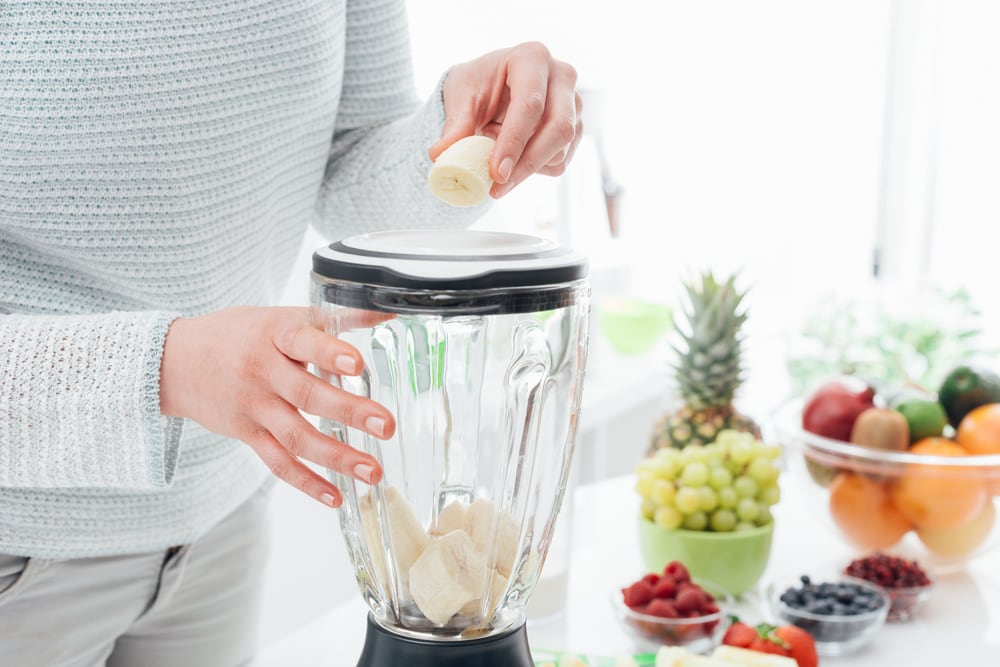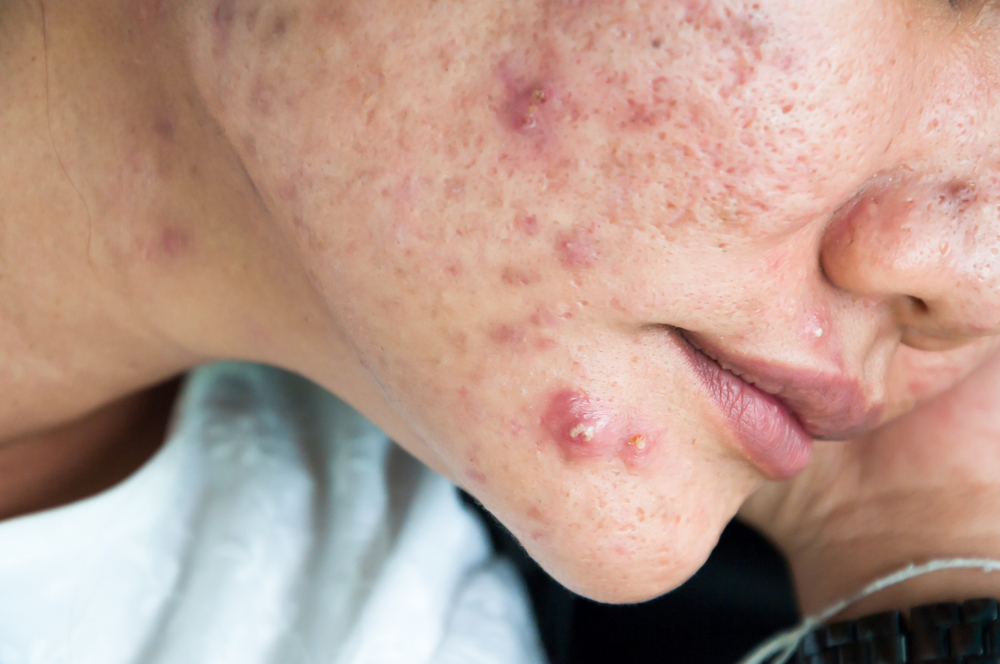Contents:
- Medical Video: The Immune System Explained I – Bacteria Infection
- What are the components of the human immune system?
- Newborn antibodies come from their mothers
- How long can maternal antibodies survive in the baby's body? When does the baby produce its own immune system?
Medical Video: The Immune System Explained I – Bacteria Infection
The body is designed not to be susceptible to disease because each individual has an immune system. The immune system aka the immune system is a system that works to protect the body from various things that can cause the body to experience pain. But what about the body system that children have? Why are children more susceptible to disease? Or do they have a weak immune system?
What are the components of the human immune system?
The human immune system is a defense system that is formed to prevent humans from getting sick. The immune system will produce antibodies, white blood cells, and various substances that can destroy foreign substances such as bacteria and viruses. Not only that, the immune system also consists of:
- Tonsils (tonsils) and thymus that function to make antibodies in the body.
- Lymph nodes, which are responsible for the circulation of lymph fluid which consists of white blood cells that function to protect the body from infection.
- Bone marrow, is a soft tissue found in long bones, such as the arms, legs, spine, and pelvic bones. This network functions to produce red blood cells, platelets, yellow marrow, and several types of white blood cells.
- The spleen, which is an organ in the body whose job is to filter and destroy red blood cells and platelets that are old or damaged, and help the immune system to destroy various foreign substances that can cause inflammation in the body.
- White blood cells, which are blood cells formed in soft bone tissue that have the main function to protect the body from infection.
Newborn antibodies come from their mothers
Actually a newborn cannot directly produce its own immune system. So, all the components of the immune system in the newborn are obtained from the mother.
When pregnancy is old and approaches birth, the mother's immune system will be transferred to the fetus through blood vessels and placenta. The component of the immune system that the mother gives to the fetus is Immunoglobulin G (IgG). Immunoglobulin is a type of antibody formed by the body to fight poisons, bacteria, viruses, and other foreign substances. Whereas among the various types of immunoglobulins, only IgG can cross the placenta and is the smallest antibody formed by the body but the most amount.
At least 75 to 80 percent of IgG from total antibodies is formed. Therefore, babies born prematurely are very susceptible to various diseases because they do not get enough antibodies from the mother.
IgG is considered very important to keep the fetus in the womb from getting infected and various complications that could endanger their health. This condition is called passive immunity, because antibodies are produced from the mother and then given to the child through various processes.
After birth, the baby must get exclusive milk from the mother, because breast milk contains complete antibodies, namely, immunoglobulin A, immunoglobulin D, immunoglobulin E, immunoglobulin G, and immunoglobulin M.
Therefore, breast milk is considered the most perfect food for babies because in addition to being very easily digested, it is also able to protect babies who are vulnerable to various types of infectious diseases. In addition, breast milk which first comes out shortly after the mother gives birth or is often called yellow colostrum contains a lot of antibodies that are enough to protect the baby at birth.
How long can maternal antibodies survive in the baby's body? When does the baby produce its own immune system?
In healthy babies, with increasing age, babies will naturally form their own antibodies. Antibodies that are successfully received by babies from mothers through breast milk over time will decrease. When babies are 2 to 3 months old, babies have begun to build up the immune system and produce their own antibodies. After the baby enters the age of 6 months, the body's immune system can work normally, like the immune system in adults.
Giving immunization to children under five is also very important to do because it can increase and strengthen the immune system of those who have just been formed. Basic immunization is needed by a newborn baby, which consists of bacillus calmette guerin (BCG), diphtheria pertussis tetanus-hepatitis b (DPT-HB) or diphtheria pertussis tetanus-hepatitis b-hemophilus influenza type b (DPT-HB-Hib), hepatitis B in newborns, polio, and measles. Then there is continued immunization which is a repeat immunization to prolong protection from disease
READ ALSO
- Regarding Food and Nutrition for 1-year-olds
- Benefits of Allowing Babies to Cry at Night
- Not Only In Mothers, Preeclampsia Also Affects Infants

